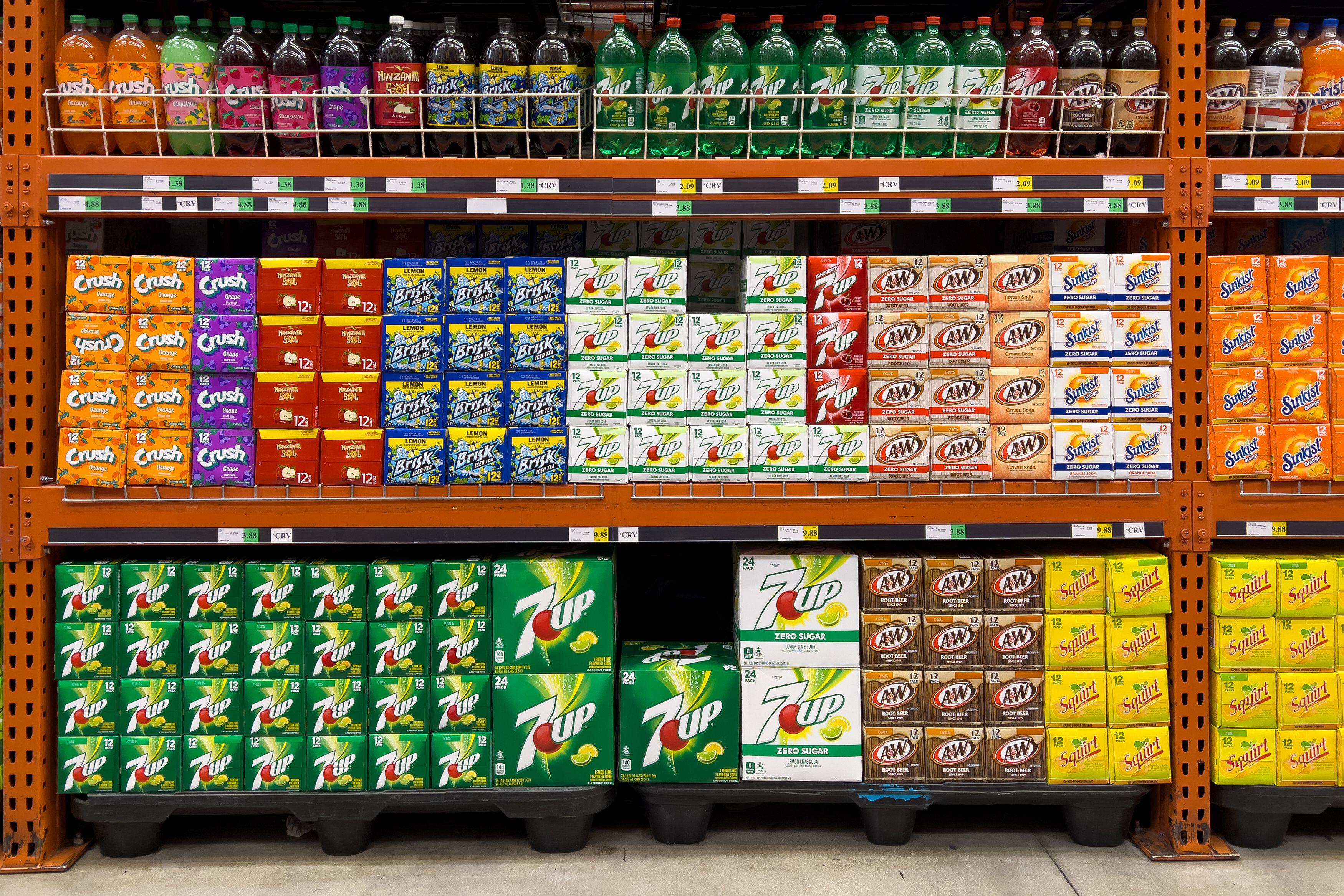BPA, phthalates "widespread" in supermarket foods, regardless of packaging, Consumer Report says
Looking to reduce your exposure to plasticizers in the new year? Contrary to what you might think, shopping organic and avoiding plastic food packaging isn't a surefire way to avoid harmful chemicals such as BPA and phthalates.
According to new research from Consumer Reports, phthalates and bisphenols — two chemicals linked to various health risks such as diabetes and hormone disruption — are "widespread" among supermarket staples and fast foods, regardless of their packaging and ingredients and whether or not they are certified organic.
Researchers found that 99% of the supermarket and fast foods they tested contained phthalates, also known as plasticizers, which are chemicals that are added to plastics to make them more flexible. In addition, 79% of the food samples contained bisphenol A (BPA), an industrial chemical used in plastic manufacturing, and other bisphenols. Both chemicals have been found in studies to be hazardous to health.
Among the supermarket foods tested, Annie's Organic Cheesy Ravioli proved to have the most phthalates at 53,579 per nanogram, followed by Del Monte sliced peaches which contain 24,928 phthalates per nanogram and Chicken of the Sea pink salmon, which has 24,321 phthalates per nanogram.
The chemical levels found in those pre-packaged foods proved much higher than even those of several fast-food items CR tested, including McDonald's Quarter Pounder With Cheese, which has 9,956 phthalates per nanogram and Little Caesars Classic Cheese Pizza (cardboard box) which contains 5,703 phthalates per nanogram. However, researchers found one fast-food favorite, Wendy's Crispy Chicken Nuggets, had a whopping 33,980 phthalates per nanogram.
Just one product, a can of Polar Seltzer Raspberry Lime, tested negative for phthalates.
CR's tested 85 foods for three bisphenols and 10 phthalates, as well as some of their common chemical substitutes, analyzing two or three samples of each product. The tested foods included prepared meals, fruits and vegetables, milk and other dairy products, baby food, fast food, meat and seafood, all of which came in various types of packaging, from cans to pouches to foil.
In several studies, phthalates have been linked to reproductive disorders and genital abnormalities, the National Research Council said in a 2008 report. Research on BPA, links the chemical to high blood pressure, Type 2 diabetes and cardiovascular disease, according to Mayo Clinic.
Sparse and outdated regulations
Previously thought to make their way into pre-packaged foods exclusively through packaging, plastic chemicals can leach into food products in a number of ways, Consumer Reports found. Phthalates can get into foods through tubing, conveyor belts and gloves used during food processing, as well as get into meat and produce through contaminated water and soil, according to CR.
Safety activists have long argued for a federal ban on the use of plasticizers in food packaging and processing, but have been mostly unsuccessful.
In 2023, the Food and Drug Administration rejected a petition calling for a ban on the use of phthalates in food packaging and food processing. Few regulations restricting the use of phthalates exist and current thresholds for bisphenol A (BPA) and some other phthalates, are considered outmoded by many experts.
"Many of these thresholds do not reflect the most current scientific knowledge, and may not protect against all the potential health effects," CR scientist Tunde Akinleye, who oversaw the tests, said in the report. "We don't feel comfortable saying these levels are okay. They're not."
Also, there's a larger picture to be considered, he noted. Given our cumulative exposure to phthalates which are found in so many of the products we use and foods we eat each day, Akinleye says it is hard to quantify what levels of phthalates should be considered "safe" in any one single product.
"The more we learn about these chemicals, including how widespread they are, the more it seems clear that they can harm us even at very low levels," he said.



